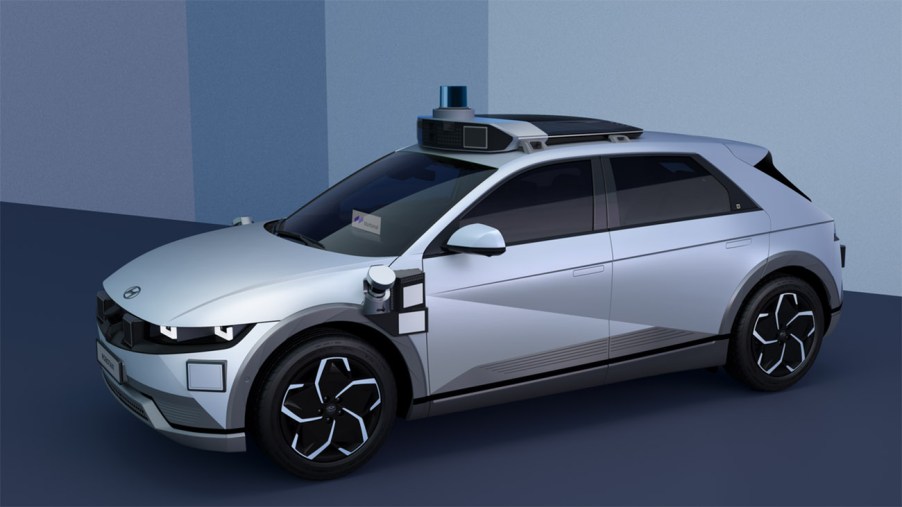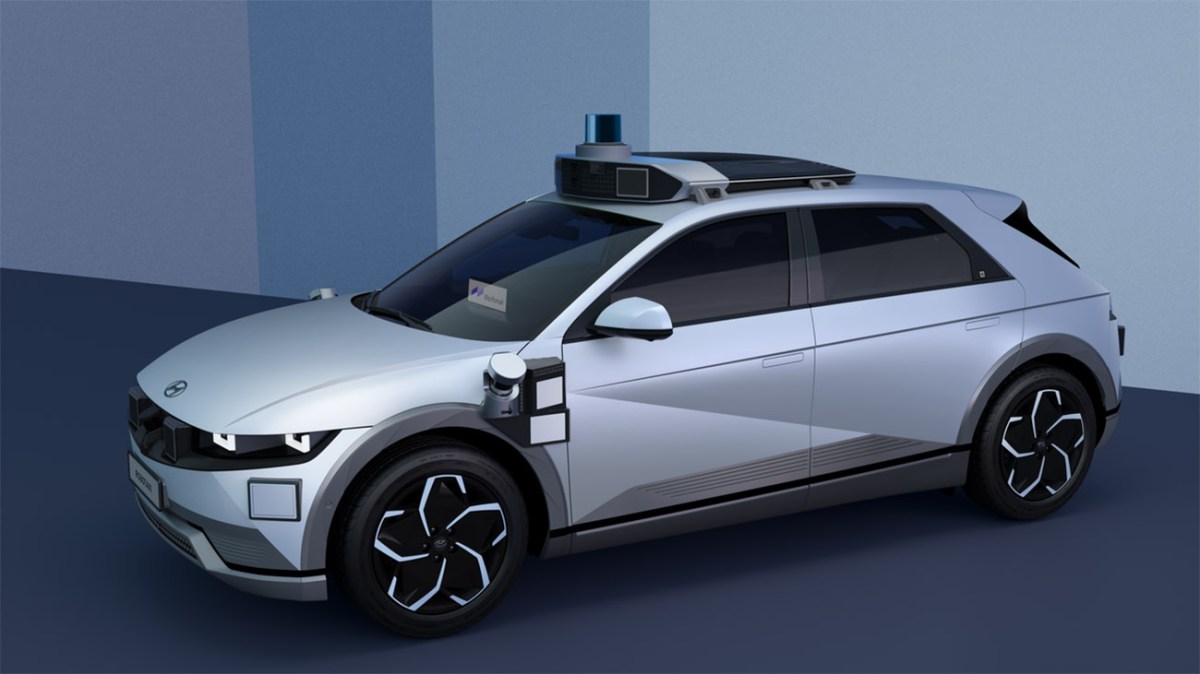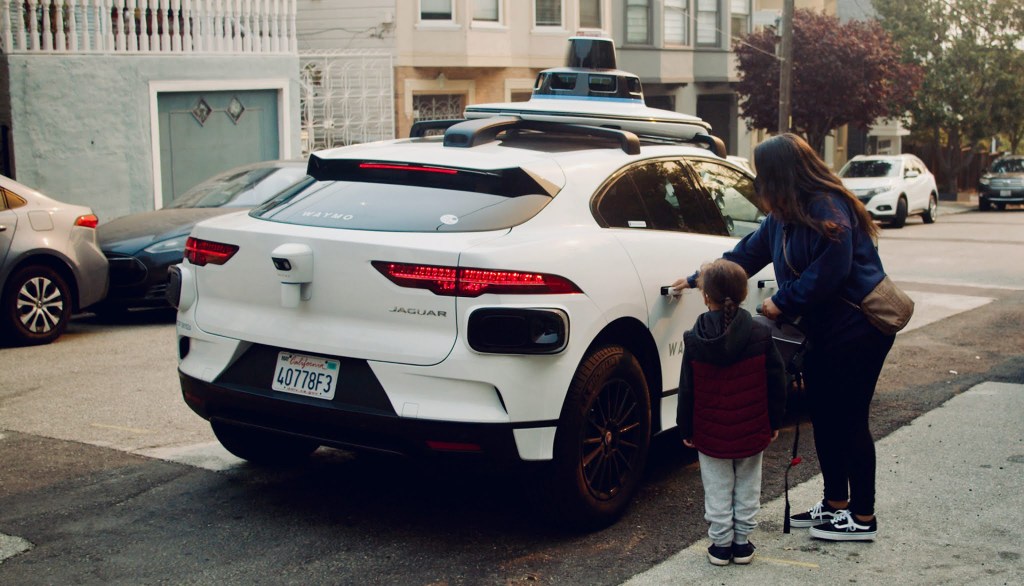
Motional To Provide Robotaxi Autonomous Vehicles To Lyft For Las Vegas Market
Soon, autonomous vehicles will be everywhere. Technology such as lidar, radar, and complex object detection algorithms make self-driving cars much more feasible than they were ten years ago. We predict that robotaxi autonomous vehicles will contribute significantly to the rapid growth of the self-driving industry.
Lyft and Motional to launch robotaxi autonomous vehicles in Las Vegas by 2023

Automotive News reports that autonomous vehicle tech firm Motional and ride-hailing service Lyft have announced they are partnering up. The joint venture wants to launch a completely driverless autonomous ride-hailing service in Las Vegas by 2023.
Lyft and Motional stated that the vehicles used in the new robotaxi service “will be based on a Hyundai platform.” We think that the vehicle in question will likely be the Hyundai IONIQ 5. The electric SUV seems the likely choice since the Korean automaker and Motional recently entered a partnership to develop a fleet of IONIQ 5 robotaxi autonomous vehicles.
In 2020 Lyft and Motional announced that they would start a multi-city United States robotaxi service in 2023. So, there is a chance that Las Vegas may not be the only location that the service will launch.
The companies said the service in Las Vegas will begin to roll out in the second half of 2022 as a test to gather feedback before the commercial launch happens in 2023.
We are speculating but using the SEMA convention as a testbed for the new Lyft robotaxi autonomous vehicles seems like the perfect opportunity to get feedback and lots of press.
Waymo has a headstart when it comes to commercialized robotaxis

The launch date of 2023 for Lyft and Motional’s robotaxi service puts both companies behind the curve slightly.
Google-backed autonomous driving tech firm Waymo is arguably the farthest along. Recently Waymo was granted a commercial permit by the California DMV to operate in San Francisco and San Mateo counties. The permit allows Waymo’s autonomous Jaguar I-PACE robotaxis to operate at speeds up to 65 mph.
Currently, Waymo’s robotaxis are running on limited hours. Still, we speculate that those hours will expand over time. Eventually, Waymo will become a primary form of public transportation within San Francisco. From there, Waymo will likely expand to other markets.
Can Lyft and Motional get their program launched before competitors make their way to the Las Vegas market? That remains to be seen. We do not doubt a race between several autonomous driving firms to be the first widespread robotaxi service.
Tesla is getting into the Robotaxi business too
Considering Tesla’s pioneering consumer-level semi-autonomous tech such as Autopilot and its Full Self-Driving (FSD) software, it would almost be naive to think the automaker is not exploring robotaxi autonomous vehicles.
According to an investment analyst, the robotaxi business is a potential $9 trillion industry. Waymo may have the advantage over Lyft, but Tesla may be the king of the autonomous driving mountain before it even gets started in the segment.
Lyft and Motional will need to work on rapid expansion if they want to keep up.


